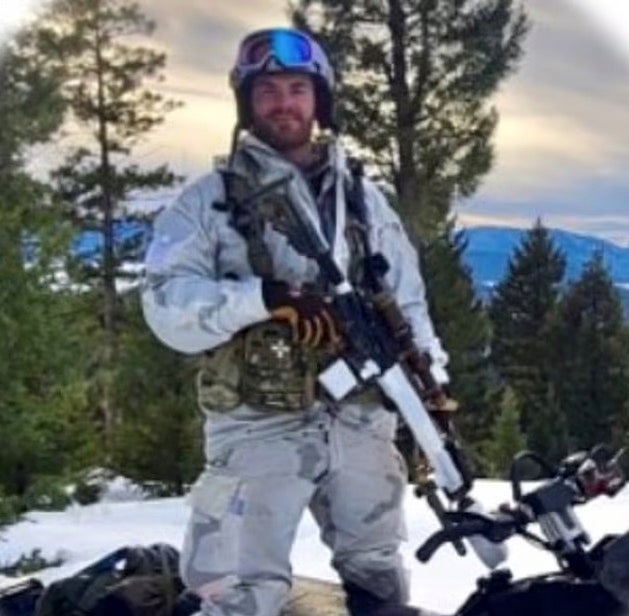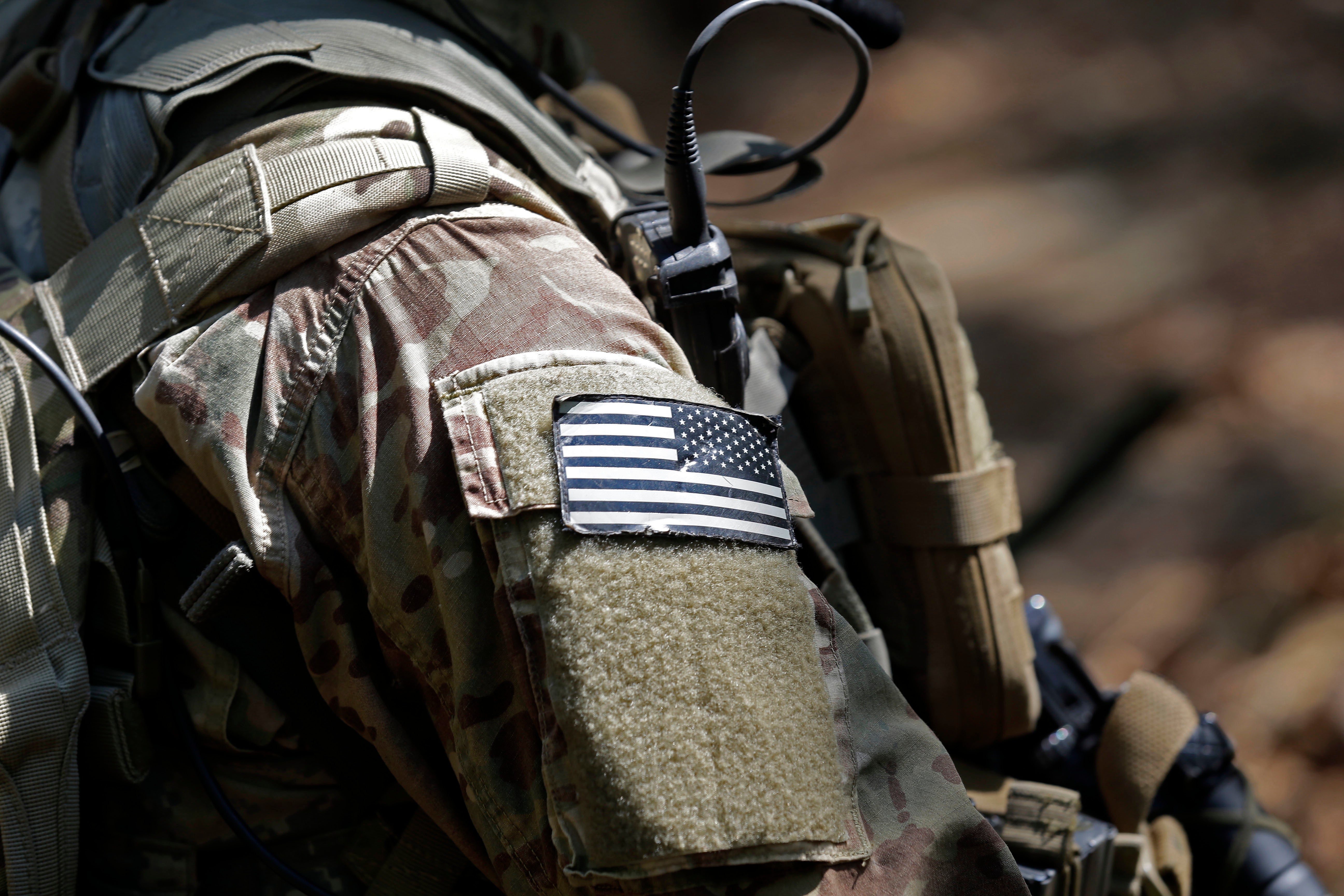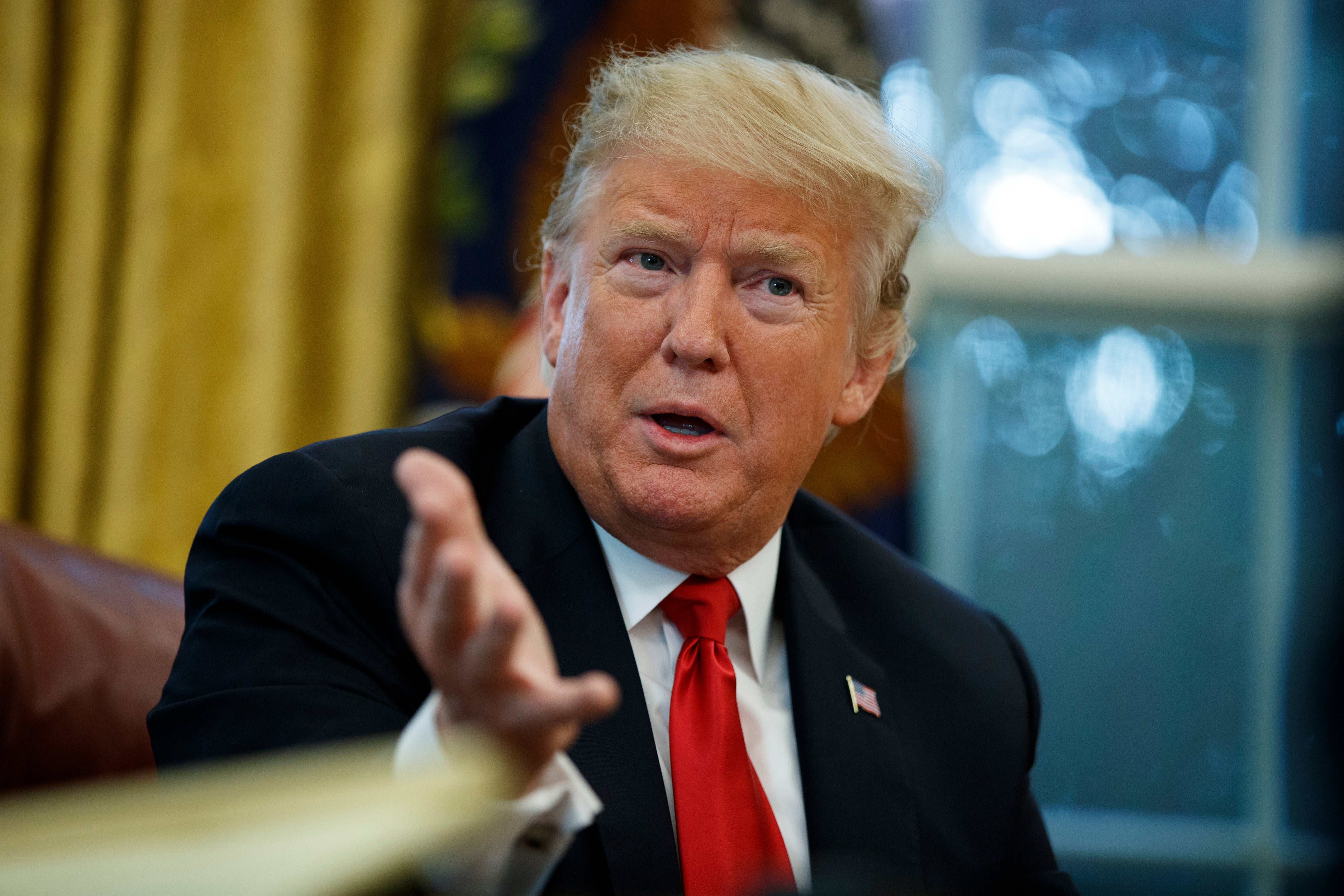On January 1, two domestic terror attacks rang in the new year — and the coincidences were hard to miss.
In New Orleans, Shamsud-Din Jabbar drove a truck into a crowd of revelers in the early morning hours of New Year’s Day, killing 14, and died after a firefight with police. He also planted improvised explosive devices around the French Quarter that never detonated. Later that morning, Matthew Livelsberger drove a Tesla Cybertruck filled with explosives outside of a Trump hotel in Las Vegas, fatally shooting himself moments before the vehicle exploded.
Both men had backgrounds in the U.S. Army, with Jabbar serving until 2020, and Livelsberger remaining on active-duty in Colorado following a decorated career in the elite Green Beret special forces unit.
Both men had extremist ideas, with Jabbar pledging allegiance to the terror group ISIS, and Livelsberger hoping his attack would serve as a “wake up call” to shock Americans into realizing their “weak and feckless” leaders “only serve to enrich themselves.”
Both men had deployed to Afghanistan. Both had even served at the same base in North Carolina.
The twin truck attacks raise the question: does the military have an extremism problem? And if so, what can be done to stop it?

Those with backgrounds in the military appear no more likely to hold extreme views than the rest of the country.
That’s according to RAND researcher Ryan Andrew Brown, who conducted a nationally representative sample of extremist beliefs among U.S. vets.
He asked about their support for a range of ideologies, from right-wing causes like QAnon and the racist Great Replacement theory to left-wing ones like antifa and Black nationalism.
“We found that support for those ideologies or for those groups was the same or lower than the overall U.S. population, suggesting that veterans don’t necessarily ideologically or group-wise have a disproportionate baseline vulnerability to get radicalized or recruited,” he told The Independent.
However, veterans that do hold extremist views are more likely to act on them.
A study from the National Consortium for The Study of Terrorism and Response to Terrorism found that between 1990 and 2022, 170 people with U.S. military backgrounds plotted 144 mass casualty terror attacks, representing about 25 percent of all individuals planning such crimes during this period. That proportion is more than three times the share of military veterans in the overall population.
The study also found nearly three-quarters of these offenders were motivated by far-right extremist groups and movements.
“It is not that there are more extremists among the military,” Wendy Via, CEO and co-founder of the Global Project Against Hate and Extremism, said.
However, the problem is what this small group of individuals does once they cross over into extremism. The military naturally selects people who are willing to stick to a mission and take on risk. Extremist veterans take these qualities, plus their combat training, and twist them towards terrorist ends.
“They have this expertise and you saw it in both of these events,” Via said. “You saw it with the surveillance. You saw it with the planning. With the recording. With the weapons training. The IEDs. All of that is military training.”

These attributes, plus America’s high esteem for the military, are why right-wing groups and militias like the Oath Keepers explicitly recruit active military and veterans, to often frightening results.
Multiple veterans were present during the 2021 storming of the U.S. Capitol, alongside far-right groups like the Proud Boys and the Oath Keepers, with those trained to protect America becoming part of the mob trying to overturn an election.
The circumstances of the Vegas and New Orleans attacks represent the magnitude and complexity of the threat. Both men had extremely different views and personal circumstances, yet arrived at similarly violent conclusions.
A family member toldThe Independent that Livelsberger was extremely patriotic and “loved Trump.”
“He used to have all patriotic stuff on Facebook, he was 100 percent loving the country,” his uncle, Dean Livelsberger, said. “He loved Trump, and he was always a very, very patriotic soldier, a patriotic American. It’s one of the reasons he was in Special Forces for so many years. It wasn’t just one tour of duty.”

Just before the attack, Livelsberger had reportedly broken up with his wife, and he reportedly sent a conspiratorial email to a prominent podcaster claiming the recent drone scare above New Jersey was really evidence of Chinese “gravitic propulsion” technology.
Livelsberger, who once organized supplies to distribute to children in Afghanistan, also appeared to be morally conflicted by a lifetime of service in combat. He wrote in a cellphone note that he wanted to “cleanse” his mind “of the brothers I’ve lost and relieve myself of the burden of the lives I took."
Jabbar, meanwhile, also had personal troubles, though family members are still puzzled by his extremism.
The Texas man had gone through three divorces prior to his attack, and was facing tens of thousands of dollars in debt and business losses. His family members said that Jabbar had been Muslim for “most of his life,” but that his turn to violence wasn’t connected to his faith.
“What he did does not represent Islam,” his half-brother, Abdur Jabbar, told The New York Times. “This is more some type of radicalization, not religion.”
The military has taken some encouraging steps to head off future violence, like the Biden administration launching extremism studies in the military and Department of Homeland Security, and the Marines and Army adopting new reporting rules and training for service members about off-limits extremist activities.
Still, according to Via, plenty more can be done, and MAGA Republicans seem intent on rolling back much of the partial progress that’s been made.

Via pointed to a counter-extremism working group inside the Defense Department that has steadily lost funding until it was completely gutted in this year’s National Defense Authorization Act. The cuts were a victim of the right’s push to root out any sort of focus on identity or politics within the military, under the banner of ending the armed forces’ alleged turn towards “wokeness,” Via believes.
“It is a result of the MAGA Republicans’ complete commitment to eradicating DEI [diversity, equity, and inclusion] and wokeness, even though wokeness is not a thing,” she said. “It’s just a word they use to describe a bogeyman. It’s just a term that has been very successfully used to describe a problem that does not exist.”
The military, in fact, has a long history of leading the way on social progress, racially integrating in the 1940s, two decades before the landmark legislative advances of the civil rights movement. It is now more diverse than the U.S. population itself, and this positive exposure to people from a variety of backgrounds may actually help deradicalize people, according to Brown, the RAND expert.
At the same time, more than one-third of all active-duty troops, and more than half of minority service members, told a MilitaryTimes poll in 2020 they had personally witnessed white nationalism or other forms of ideologically-driven racism in the ranks.

Despite this complicated reality, the incoming Trump administration seems unlikely to pursue the kind of research and funding experts argue would help tackle extremism, minimizing the nature of the threat at some times, and describing it in highly politicized and often inaccurate ways in others.
After the New Orleans attack, Trump almost instantly linked the killing to immigrants crossing the U.S.-Mexico border, even though the attacker was later revealed to be a veteran and U.S. citizen.
Prior to the massacre, Trump vowed to set up an “anti-woke” task force to monitor U.S. generals, while Trump administration defense secretary pick Pete Hegseth is accused of drunkenly shouting “kill all Muslims” while president of a veterans’ group, allegations on which he has declined to comment.
In 2021, Hegseth, an Army National Guard veteran, was barred from participating in President Biden’s inauguration because a military officer was concerned Hegseth had tattoos of a Crusader’s cross and the motto “Deus Vult,” symbols popular with right-wing militias.
Brown, the RAND researcher, said he sees a troubling lack of introspection from politicians and commentators when it comes to veterans’ extremism. Some seem to only acknowledge it when it comes from someone with a different identity or ideology than their side of the political spectrum.
“It’s really unfortunate,” he said. “Everyone is waiting to see what the race and identity of the attacker is and hoping it’s not their side. If it is ‘their side,’ then it’s a false flag.”
While officials may not be willing to confront the problem head-on, it’s only a matter of time before the next plot begins.







